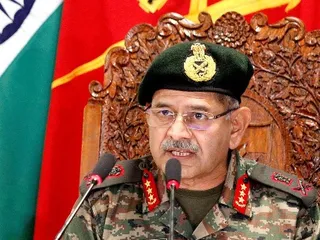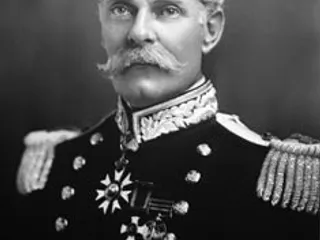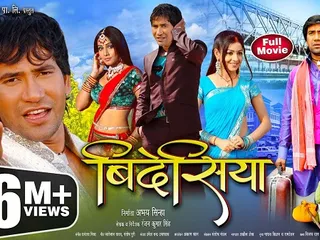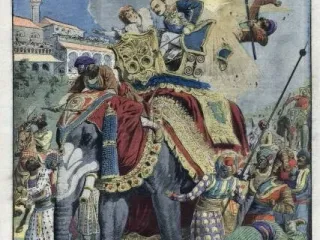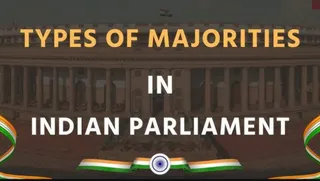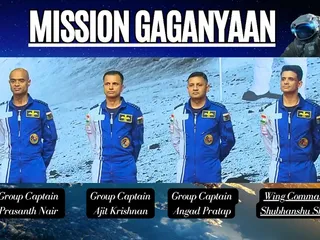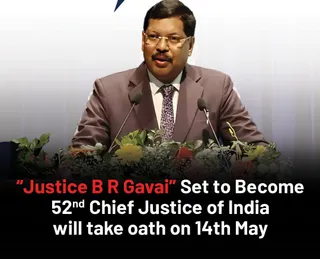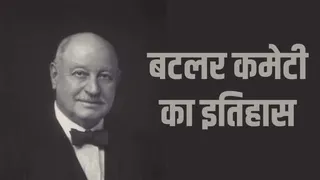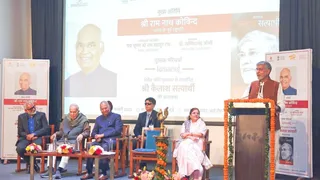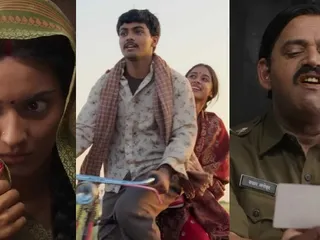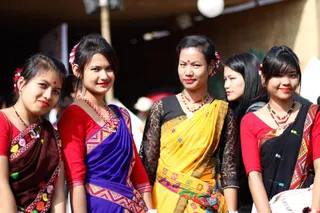The Battle of Longewala, fought on December 4-5, 1971, stands as a testament to the courage and resilience of the Indian Army during the Indo-Pakistani War of 1971. This seemingly insignificant border post in Rajasthan, manned by a small contingent of Indian soldiers, became the stage for a dramatic and decisive victory against a vastly superior Pakistani force.
The outnumbered 120 soldiers of the 23rd Battalion of the Punjab Regiment, led by Major Kuldeep Singh Chandpuri, found themselves facing an onslaught of approximately 2,000 soldiers from the Pakistani army's 51st Infantry Brigade, supported by tanks and artillery. The Pakistani plan was a swift and overwhelming attack to sever the Indian army's supply lines and capture the vital Jaisalmer town. Longewala was a key location to achieve this objective. Their initial assault was launched under the cover of darkness.
Against all odds, the Indian soldiers, aided by the element of surprise and the timely arrival of air support, successfully repelled the Pakistani attack. Major Chandpuri's astute leadership and the soldiers' unwavering bravery played pivotal roles in the battle's outcome. They effectively used their limited resources, including their anti-tank weapons, and strategically positioned themselves to inflict maximum damage on the advancing Pakistani forces.
The battle raged through the night, with intense fighting and heavy shelling. The Indian soldiers, despite being significantly outnumbered and outgunned, held their ground. The arrival of the Indian Air Force, in particular the Hawker Hunters, proved to be a game-changer. Their precise and effective air strikes decimated Pakistani tanks and disrupted their advance, significantly contributing to the Indian victory.
By the dawn of December 5, the Pakistani army, having suffered heavy casualties, was forced to retreat. The Battle of Longewala was a resounding victory for India, a testament to the fighting spirit and tactical brilliance displayed by the Indian soldiers. It was a strategic victory, significantly impacting the overall war effort, disrupting Pakistan's offensive plans and contributing to the final Indian victory in the 1971 war.
The Battle of Longewala is more than just a military victory; it's a story of courage, determination, and the human spirit's ability to overcome overwhelming odds. It is a powerful narrative that continues to inspire generations of Indian soldiers and civilians alike. Major Kuldeep Singh Chandpuri's leadership and the bravery of his men remain etched in Indian military history as a symbol of unwavering dedication and patriotism.
The battle's legacy continues to be celebrated and studied as a case study in military strategy and the importance of morale and leadership in overcoming seemingly insurmountable challenges.





